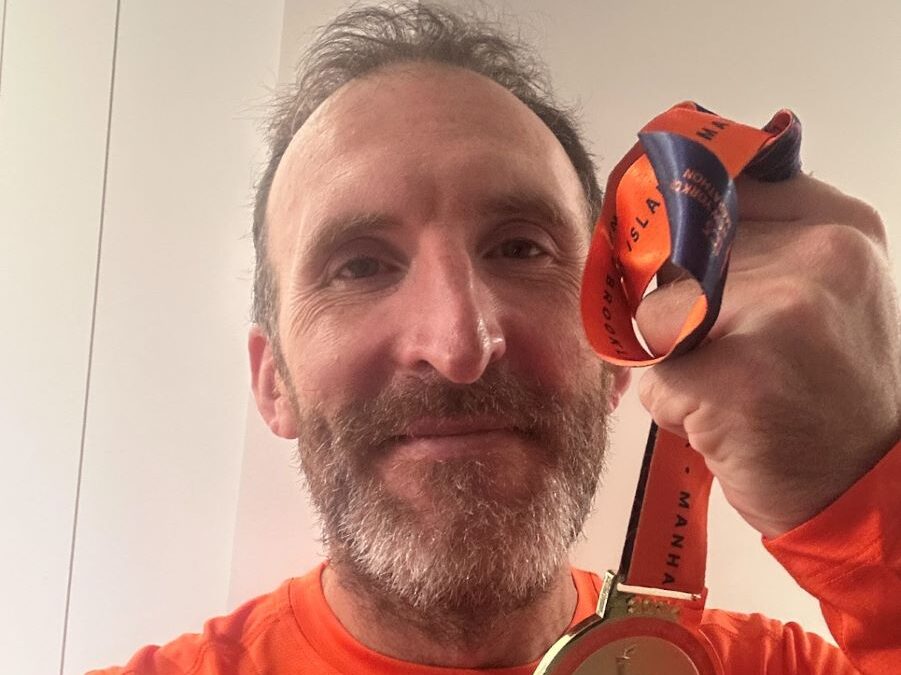Since I first began studying NLP and Hypnosis in the early 1990’s, I have been fascinated with the power of belief. Although the idea in both is often explained as finding ways of helping people to ‘reprogram’ their unconscious mind, the truth is that much of the work that we do in both approaches involves making use of the brain’s capacity to change what it expects to happen moving forward. Indeed, you could argue a large part of the results achieved by most psychological approaches seem to suggest the same.
Why is it that there are millions of people worldwide who have reported that they have been helped massively by a huge variety of treatments from analysis to Rogerian counseling to CBT to NLP. How come they all work to at least some degree? One probable reason is the power of belief.
We are familiar with the notion of a placebo. A placebo is when people believe they are given a drug to help them and it actually helps them. Their belief activates the healing or pain relieving properties in their brains and they are better off as a result of the sugar pill. Our belief in hypnosis definitely contributes to the power of hypnosis. Similarly, with NLP, CBT and indeed all psychological approaches. Some, like NLP and CBT, actively work on beliefs in a more deliberate way by challenging limiting beliefs that cause the person problems and promoting more empowering ways of thinking.
Whenever something like this is mentioned, often it is misinterpreted as being a slight on the approaches. By suggesting belief plays a big part the idea is that we’re arguing these approaches are just a placebo. Actually, nothing could be further from the truth. The placebo effect is real and has become more and more impactful and more and more real over the last fifty years. It is perhaps the greatest example of the power of the mind. There is a massive amount of literature that proves beyond shadow of a doubt that our beliefs in a treatment play a massive role in determining how well they will work.
Recognizing this means that we need to consider how we are communicating to ourselves and others about what is going to happen. We need to invest more energy, effort and attention in nurturing the kinds of beliefs that serve us. Beliefs are not panaceas and they are not about false hope. They are about getting us to understand that our brains can transform our reality to a great extent not because of some spiritual, high in the sky secret power to attract positive energy but by the phenomenal capacity of our thoughts to impact how our body functions.
So, consider your expectations and beliefs about whatever you’re going through. Research shows that your mindset or attitude about exercise will determine how beneficial the exercise is. Similarly, your beliefs about what you eat will impact how healthy it is for you. Your beliefs about how long you will live and how old age will go for you will impact how you will age and can even influence when you will die. Peer reviewed studies on such influences have taught us that beliefs must be respected and we must look to cultivate the kind of mindset and belief that serves us.





